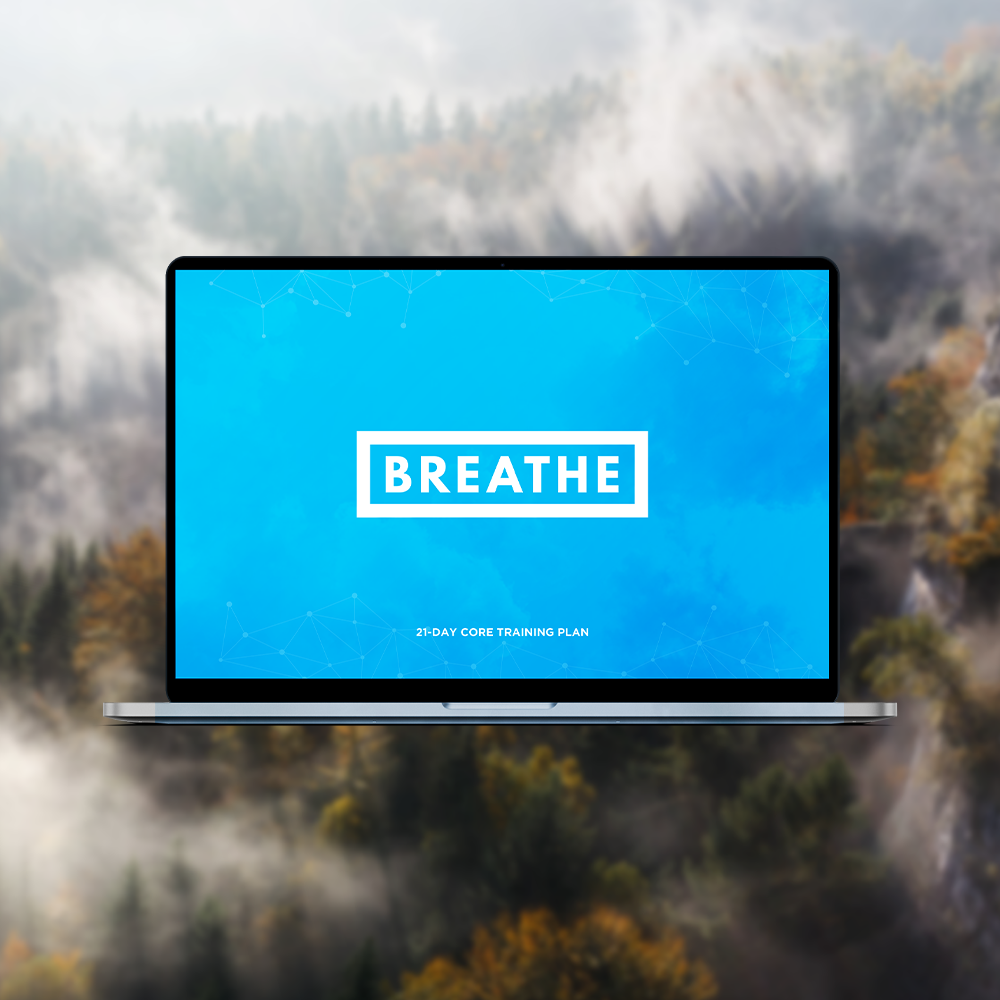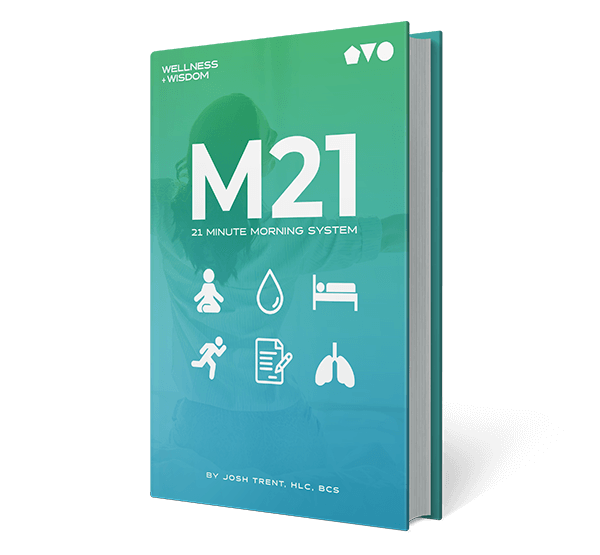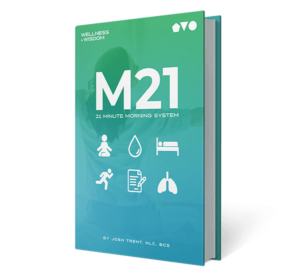 In the health industry, medical scribes play an important role in helping doctors and nurses with administrative tasks and documentation. This takes away a lot of the paperwork, which means physicians can focus on the work at hand and have more time for patient care. It’s a really important job to keep things functioning within hospitals and Doctors' surgeries.
In the health industry, medical scribes play an important role in helping doctors and nurses with administrative tasks and documentation. This takes away a lot of the paperwork, which means physicians can focus on the work at hand and have more time for patient care. It’s a really important job to keep things functioning within hospitals and Doctors' surgeries.
In order to become a medical scribe, specific training is required as it’s quite a highly skilled job. A lot of medical knowledge is required, so what training is exactly needed to become a medical scribe?
What do medical scribes do?
Before we look at training, it’s key to understand what a medical scribe does. The job entails people who are responsible for the following:
- Documenting patient encounters and examinations
- Recording any notes for patient history including symptoms, diagnosis and treatment
- Managing all this on patient portals for records
- Assisting with billing, scheduling new appointments and other administrative tasks such as reminders.
So that patient records are accurate, medical scribes need a strong knowledge of medical terms, attention to detail, administrative experience, knowledge of electronic health systems and software and have the ability to listen and understand thoroughly.
What education is required?
There is no specific degree that is required if you are looking to be a medical scribe but often a medical scribe company will likely ask for some sort of background in healthcare or a related field. Some can join training with a high school diploma, but some other candidates have or are studying in higher education. Fields such as pre-med, biology, health science or nursing are often useful.
Formal training programs
To get an advantage in getting a job as a medical scribe there are often formal training programs you can access to get prepared. This can be online or within a classroom. They often cover things such as mental health care, physiology, anatomy and biology and common medical conditions. It gives a foundation of knowledge and covers a wide range of medical terminology to help with clinical documentation and understanding the healthcare system.
On-the-job training
Often, on-the-job training can be really beneficial, particularly in the first few months. This can involve shadowing experts to understand how it works or supervision as a trainee so you can ask questions and refine skills.
Once these initial stages are accomplished, new scribes can gradually work their way up and eventually handle patient records and documentation on their own.
Understanding healthcare systems
As a medical scribe, it’s important to be efficient when using electronic healthcare records and systems. This also requires training in software and data entry so that medical scribes can navigate systems and provide accurate data to protect patients and assist doctors.
This will also include communication skills, attention to detail and effective time management for effective and real-time record holding of patients. It’s crucial in a fast-paced environment and to help not just physicians but also other healthcare staff and the patients themselves, for example when awaiting test results.
Legal and Ethical Training
Understanding the legal and ethical aspects of medical documentation is so important in the healthcare industry. Medical scribes will definitely need to be aware of the legal and ethical implications and learn the right regulations and compliance that are required.
One of the key areas to train in for medical scribes in the US is HIPAA compliance.
The Health Insurance Portability and Accountability Act (HIPAA) regulations are national standards designed to protect medical records and individuals’ personal and health information. This includes all providers that record and use electronic systems to store healthcare information and transactions.
On top of this, knowledge of medical ethics is really important when handling sensitive information. It also is important for making appropriate decisions in the documentation process. Understanding medical ethics and what that means for patients, physicians, doctors, nurses and other health practitioners is a key area to train in as a medical scribe.
These things will continuously update, so it’s encouraged to keep training and stay up to date with industry knowledge and compliance as you go throughout your career. There are also additional certifications those can achieve to enhance knowledge, credentials and future career prospects.
Conclusion
Becoming a medical scribe requires a blend of educational background, formal training, and hands-on experience. Investing in training can be pivotal in how your career develops so you can be efficient and accurate to assist healthcare professionals and patients.
As the demand for medical scribes continues to grow, those interested in this career can look to these initial training tips to get started on their new or existing role for better patient care and clinical operations in the healthcare industry.









